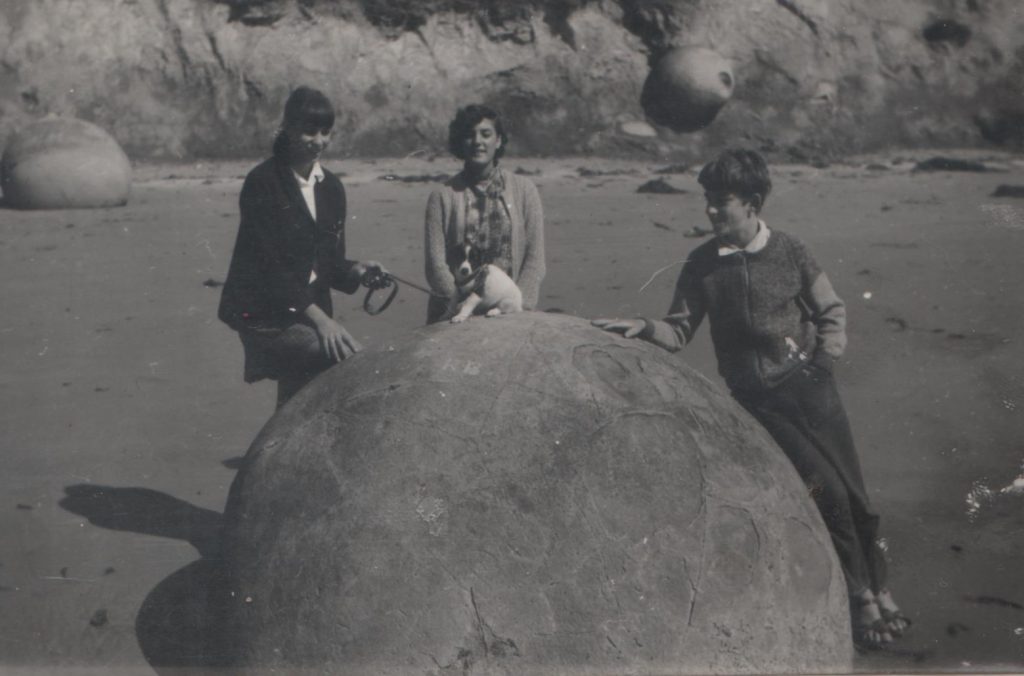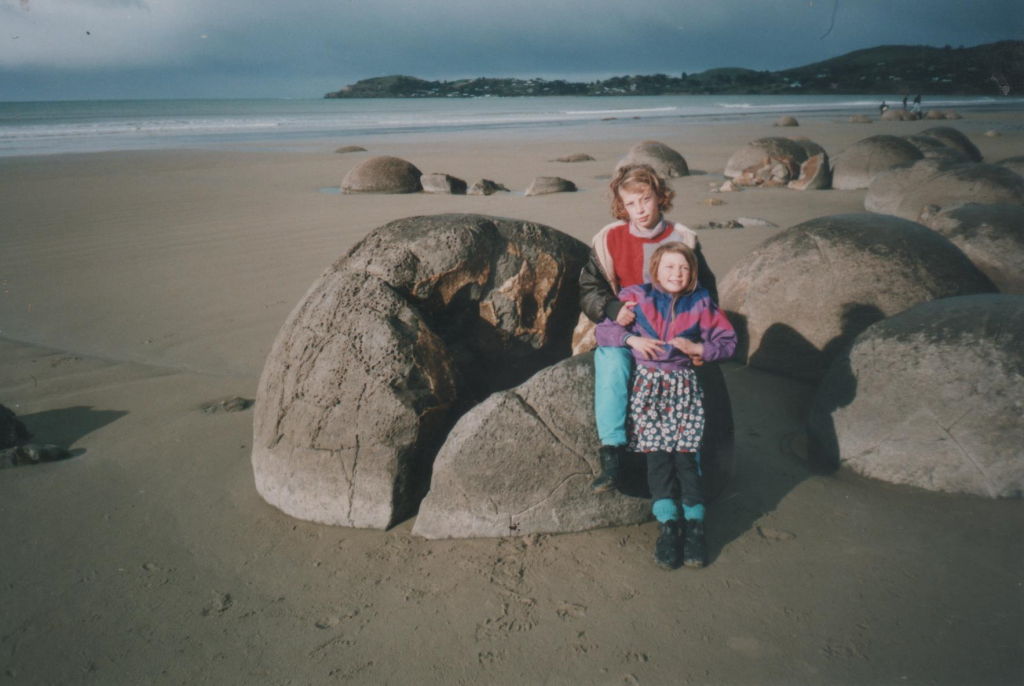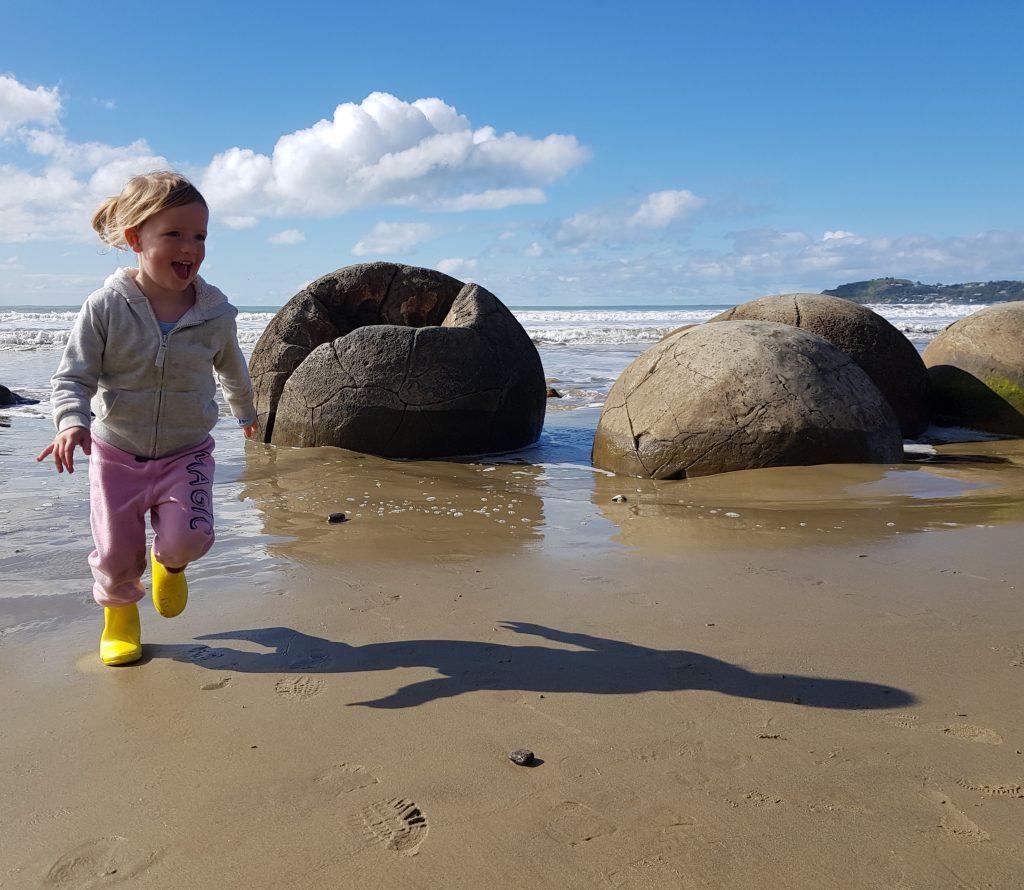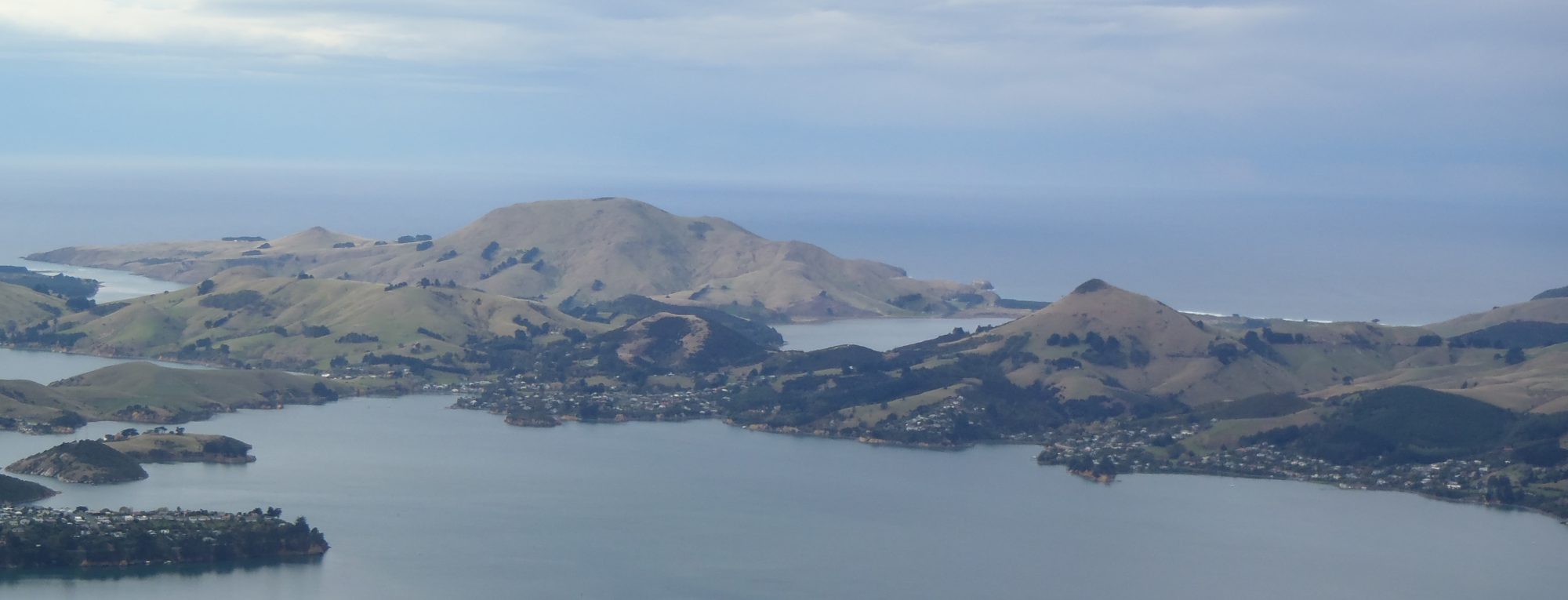After two and a half years, I figure it’s about time I try to explain why I chose to focus this blog on the idea of ‘place’. Though I dabble in history, nature and experiences, an element of place is the one common theme that unites my posts. This was something I fell into so naturally I could almost think it was merely an accident, but after giving the subject some thought I’ve realised that there is something very important about the subject that I chose.

There are certainly people who question the worth of learning about history. Many see the subject as “useless” or “boring”. I see that attitude especially applied in our country to New Zealand history, which despite being short is both important and fascinating.
But if for a moment we accept that my chosen subject is unimportant, why then did the Taliban expend so much effort to destroy the 1700 year old Bamiyan Valley Buddhas? Why did the Chinese Cultural Revolution involve so much destroying ancient temples, desecrating cemeteries and renaming city streets? Most recently, why is ISIL targeting and destroying cultural heritage sites?
It’s a pattern replayed time and again by totalitarian regimes, whether religious or political. These heartbreaking acts of historic vandalism are often referred to as “senseless”.
But they’re not.

All of these things, from ancient temples to street names to even natural features, are signs that we are part of something larger than the here and now. They tell us that there was a time before, and suggest that there will be a time after.
You can see how this is a direct threat to regimes that demand complete loyalty or that claim to be the one true way. These monuments declare to the world that something greater than their regime exists, has existed, and will exist again. They tell us how humanity is connected, through past to present and future.
If we value our freedom, then we must value our history. If we value our history, then we must value those tangible symbols that shout silent testament to what has gone before.

In twenty or thirty years, maybe Beverley will bring her own children to this place. When they touch these rocks, will they know that they are part of something that goes back to their great grandparents and perhaps beyond? How many more families will do the same? What would Grandad have thought if he’d known that almost fifty years after he took a black and white photograph of his children, his great-granddaughter would be chasing a drone around the same rocks?
I think he’d have liked it.
References:
After 1,700 years, Buddhas fall to Taliban dynamite by Ahmed Rashid in Islamabad




Oh yes! A Great Niece posted a photo last year of her children enjoying playing on the sand at Allan’s Beach on the Otago Peninsula. I scratched through my collection of family photos and found photos of 6 generations of the family enjoying the very same beach. Even though most of the extended family is now living all over New Zealand a visit to Dunedin usually includes a trip to Allan’s Beach. It’s ingrained in our family history. We just love our special beach!
Such a precious memory!
Love this! ❤ Well written and I hope my children will continue to enjoy the inportance of their heriatage x